CBD for Fungal Infections: Nature’s Remedy
Have you ever dealt with the annoyance of a fungal infection? It's like that uninvited guest who just doesn't seem to leave. Well, there is good news! Nature has given us a remedy that might just show these stubborn infections the door: CBD. This article will take you through the fascinating world of CBD and how it can help in battling fungal infections.
Estimated reading time: 13 minutes
- Understanding Fungal Infections
- Common Types of Fungal Infections
- What is CBD?
- How CBD Works Against Fungal Infections
- Traditional Treatments for Fungal Infections
- Benefits of Using CBD for Fungal Infections
- How to Use CBD for Fungal Infections
- Different Forms of CBD Products
- Choosing Quality CBD Products
- Why Choose CBD for Fungal Infections?
- Benefits of Sublingual CBD Oils for fungal infections
- How to Use Sublingual Oils for Fungal Infections
- Benefits of Topical Healing Balms for fungal infections
- How to Use Topical Balms for Fungal Infections
- Why Choose The Real CBD Products?
- CBD vs. Traditional Antifungal Treatments
- Clinical studies for CBD against fungal infections
- Conclusion
- Frequently Asked Questions
- The Real CBD against fungal infections
Understanding Fungal Infections
Fungal infections are caused by fungi, which are microorganisms that can thrive in various environments. These infections occur when fungi overgrow in or on the body, often taking advantage of weakened immune systems or disrupted natural flora. The following sections explore the most common types of fungal infections, their symptoms, and traditional treatments.
Common Types of Fungal Infections
1. Athlete's Foot (Tinea Pedis)
Athlete's foot is a fungal infection that primarily affects the skin on the feet, particularly between the toes. It is caused by dermatophytes, a group of fungi that thrive in warm, moist environments.
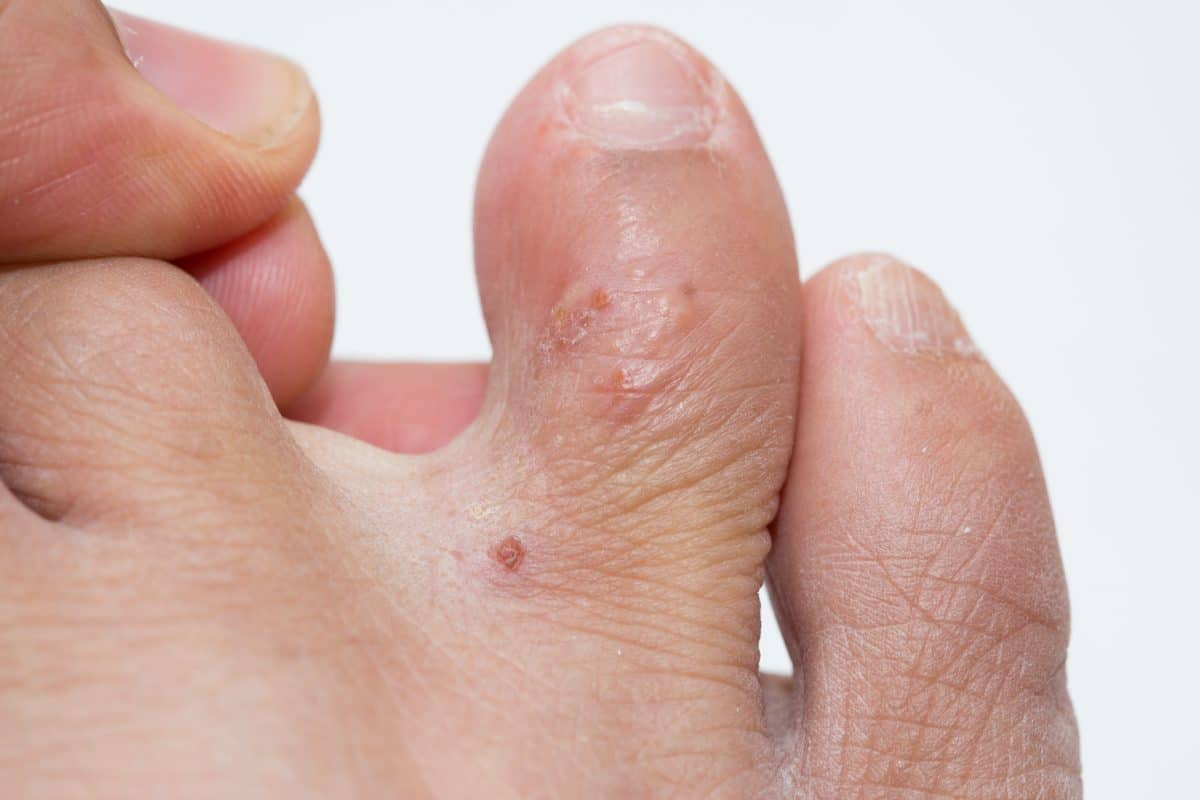
- Symptoms: Itching, burning, peeling skin, redness, and blisters.
- Traditional Treatments: Over-the-counter antifungal creams, powders, and sprays. In severe cases, prescription oral antifungal medications like terbinafine or itraconazole may be necessary.
2. Ringworm (Tinea Corporis)
Ringworm is not a worm but a fungal infection of the skin, appearing as a circular, red, and itchy rash. It can affect various body parts, including the scalp, beard, groin, and feet.
- Symptoms: Red, scaly, circular rash with a raised edge.
- Traditional Treatments: Topical antifungal creams such as clotrimazole, miconazole, or terbinafine. For more extensive infections, oral antifungal medications may be prescribed.
3. Jock Itch (Tinea Cruris)
Jock itch is a fungal infection that affects the groin area, inner thighs, and buttocks. It is common among athletes and individuals who sweat excessively.
- Symptoms: Itchy, red rash with a ring-like appearance.
- Traditional Treatments: Antifungal powders, creams, and sprays. Maintaining good hygiene and keeping the affected area dry are also essential.
4. Nail Fungus (Onychomycosis)
Nail fungus is an infection that affects the fingernails or toenails, leading to thickened, discoloured, and brittle nails.
- Symptoms: Discoloured nails, thickening, crumbling at the edges.
- Traditional Treatments: Topical antifungal treatments and oral medications like terbinafine or itraconazole. In severe cases, surgical removal of the infected nail may be necessary.
5. Yeast Infections (Candidiasis)

Yeast infections are caused by Candida species, commonly Candida albicans. They can affect various parts of the body, including the mouth (oral thrush), genital area (vaginal yeast infection), and skin.
- Symptoms: Itching, redness, swelling, and discharge (vaginal yeast infections).
- Traditional Treatments: Antifungal creams, suppositories, or oral medications like fluconazole. Maintaining proper hygiene and using probiotics can help prevent recurrence.
6. Histoplasmosis
Histoplasmosis is a fungal infection caused by Histoplasma capsulatum, often found in soil contaminated with bird or bat droppings. It primarily affects the lungs.
- Symptoms: Fever, cough, fatigue, chest pain.
- Traditional Treatments: Antifungal medications such as itraconazole or amphotericin B for severe cases. Long-term treatment may be required for chronic infections.
7. Aspergillosis
Aspergillosis is an infection caused by Aspergillus species, which can affect the lungs, sinuses, and other organs. It is more common in individuals with weakened immune systems.
- Symptoms: Cough, wheezing, shortness of breath, chest pain.
- Traditional Treatments: Antifungal medications like voriconazole or amphotericin B. Invasive aspergillosis may require a combination of antifungal therapies.
What is CBD?

Cannabidiol, or CBD, is a natural compound in the cannabis plant. Unlike its cousin THC, CBD doesn't get you high. Instead, people praise it for its therapeutic properties. CBD interacts with the body's endocannabinoid system, which helps regulate various functions like pain, mood, and immune response.
How CBD Works Against Fungal Infections
So, how exactly does CBD help in fighting fungal infections? Think of it as a multi-talented performer. CBD boasts anti-inflammatory and antifungal properties, which can help reduce the inflammation caused by infections and directly combat the fungi themselves. It is like having a superhero that fights on multiple fronts.
Scientific Evidence Supporting CBD for Fungal Infections
You might be wondering if there is any science backing these claims. Well, there is! Studies have shown that CBD has antifungal properties. For instance, research has indicated that CBD can disrupt the cell membranes of fungi, leading to their death. While more studies are needed, the existing evidence is promising. More about this later.
Traditional Treatments for Fungal Infections
Topical Antifungal Medications

Topical antifungal medications are commonly used to treat superficial fungal infections. These include creams, ointments, lotions, and sprays applied directly to the affected area. Examples include clotrimazole, miconazole, terbinafine, and ketoconazole. These treatments are effective for skin and nail infections and are generally available over-the-counter.
Oral Antifungal Medications
Doctors prescribe oral antifungal medications for more severe or systemic fungal infections. These medications work from within the body to combat the fungal infection. Common oral antifungals include fluconazole, itraconazole, terbinafine, and griseofulvin. Patients often need a prescription for these medications, and doctors may use them in combination with topical treatments for comprehensive management.
Antifungal Shampoos
Manufacturers specifically formulate antifungal shampoos to treat fungal infections of the scalp, such as ringworm (tinea capitis). These shampoos contain active ingredients like ketoconazole or selenium sulfide, which help eliminate the fungus and soothe the scalp.
Antifungal Powders and Sprays
Antifungal powders and sprays are useful for keeping areas prone to fungal infections dry and free from moisture. They are commonly used for conditions like athlete's foot and jock itch. These products create an inhospitable environment for fungi, reducing the risk of infection and aiding in the treatment process.
Benefits of Using CBD for Fungal Infections
Using CBD for fungal infections comes with several benefits:
- Natural Remedy: CBD is a natural alternative to chemical antifungals.
- Minimal Side Effects: Unlike some medications, CBD is well-tolerated with few side effects.
- Multi-Functional: CBD not only fights fungi but also reduces inflammation and promotes overall skin health.
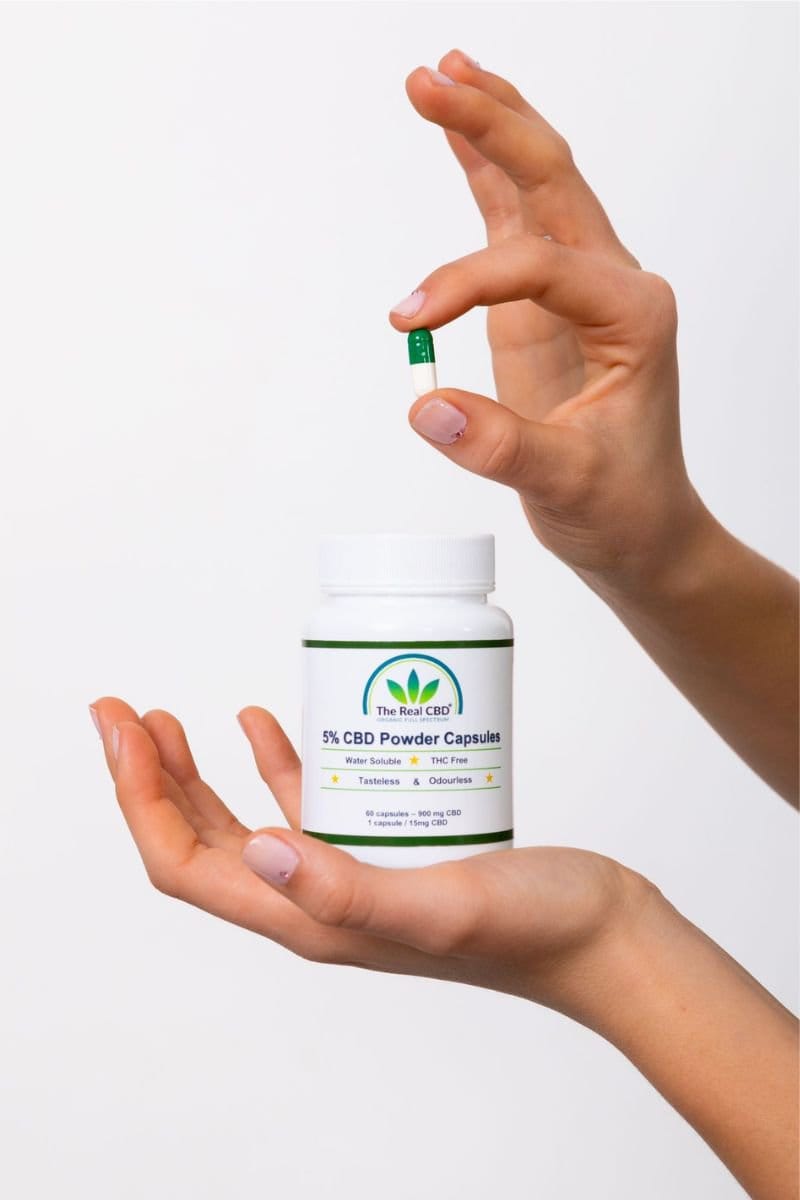
How to Use CBD for Fungal Infections
Using CBD for fungal infections is pretty straightforward. It can be applied topically on the affected area or taken orally. For skin infections, CBD-infused creams, ointments, or oils are popular choices. For systemic infections, oral CBD products like tinctures or capsules might be more effective.
Different Forms of CBD Products
CBD comes in various forms, each with its own benefits:
- Topicals: Creams, lotions, and balms infused with CBD for direct application.
- Oils and Tinctures: Liquid extracts taken under the tongue for quick absorption.
- Capsules: Easy-to-take pills for a controlled dosage.
- Edibles: Gummies and other food items infused with CBD for a tasty option.
Dosage Recommendations
Finding the right dosage can be a bit of trial and error. It is best to start with a low dose and gradually increase until you find what works for you. Consulting with a healthcare professional, especially one knowledgeable about CBD can provide personalized guidance.
Potential Side Effects and Precautions
While CBD is generally safe, it's not completely free of side effects. Some people might experience:
- Dry Mouth: A common side effect that can be managed by staying hydrated.
- Drowsiness: Especially at higher doses, CBD can cause sleepiness.
- Interaction with Medications: CBD can interact with certain medications, so it's important to consult with a healthcare provider if you're on other treatments.
More about CBD from our blog section
Choosing Quality CBD Products
Not all CBD products are created equal. Here are some tips for choosing quality CBD:
- Check for Third-Party Testing: Ensure the product has been tested for purity and potency.
- Read Reviews: Customer feedback can give insights into the product's effectiveness.
- Know the Source: Look for products made from organically grown hemp.
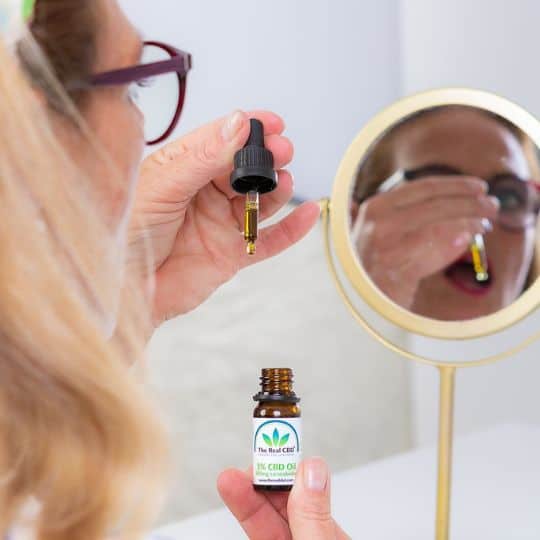
Why Choose CBD for Fungal Infections?
CBD, or cannabidiol, naturally occurs in the cannabis plant. People know it for its anti-inflammatory and antifungal properties, making it an excellent choice for treating fungal infections. Unlike some traditional treatments, CBD offers a natural alternative with fewer side effects.
Benefits of Sublingual CBD Oils for fungal infections
Sublingual oils are one of the most effective ways to take CBD. By placing a few drops under your tongue, the CBD is quickly absorbed into your bloodstream, providing fast relief.
- Quick Absorption: Sublingual administration allows CBD to bypass the digestive system, leading to faster effects.
- High Bioavailability: More of the active ingredient reaches your bloodstream compared to other methods.
- Convenient: Easy to use and dose accurately.
How to Use Sublingual Oils for Fungal Infections
Using sublingual oils is simple. Here is how you can do it:
- Measure the Dose: Use the dropper to measure the recommended dose.
- Administer: Place the drops under your tongue.
- Hold and Swallow: Hold the oil under your tongue for about 60 seconds before swallowing to maximize absorption.
Benefits of Topical Healing Balms for fungal infections
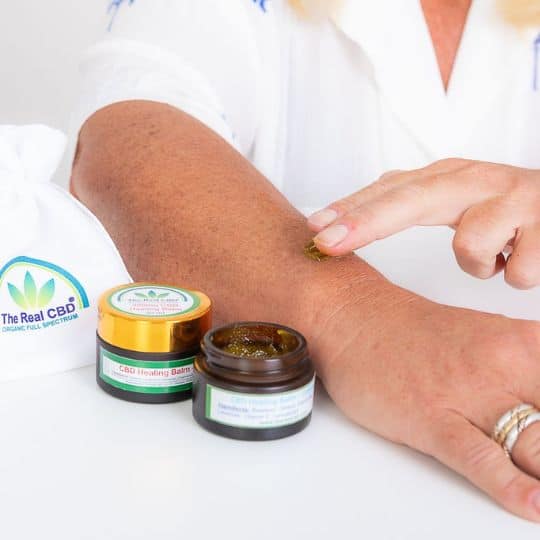
Manufacturers design topical healing balms for direct application to the skin, making them ideal for treating localized fungal infections.
- Targeted Relief: Apply directly to the affected area for concentrated effects.
- Soothing Ingredients: Often combined with other natural ingredients like beeswax and essential oils for additional skin benefits.
- Easy Application: Simply rub the balm onto the skin where it's needed most.
How to Use Topical Balms for Fungal Infections
Applying topical balms is straightforward. Follow these steps:
- Clean the Area: Wash and dry the affected area before application.
- Apply the Balm: Rub a small amount of balm onto the infection site.
- Massage Gently: Massage the balm into the skin to ensure even coverage.
Why Choose The Real CBD Products?
The Real CBD is committed to providing high-quality, full-spectrum CBD products. Here is why you should choose their range:
- Full-Spectrum: Contains all beneficial compounds of the cannabis plant, enhancing the therapeutic effects.
- Lab-Tested: Products should be tested for purity and potency to ensure you get what you pay for.
- Organic Ingredients: Made from organically grown hemp, free from pesticides and harmful chemicals.
CBD vs. Traditional Antifungal Treatments
How does CBD stack up against traditional antifungals? While traditional treatments are effective, they often come with side effects and can lead to resistance over time. CBD offers a natural alternative with fewer side effects, though you might find it best to use in conjunction with other treatments for severe infections.

Natural and Home Remedies
In addition to traditional treatments, several natural and home remedies can help manage fungal infections. These include:
- Tea Tree Oil: Known for its antifungal properties, tea tree oil can be applied topically to affected areas.
- Garlic: Consuming garlic or applying garlic extract to the infected area may help due to its antifungal and antimicrobial properties.
- Apple Cider Vinegar: You can use diluted apple cider vinegar as a topical treatment to help balance the skin's pH and combat fungal infections.
Lifestyle and Preventative Measures
Preventing fungal infections involves maintaining good hygiene and adopting certain lifestyle measures. These include:
- Keeping Skin Dry and Clean: Regular bathing and thorough drying, especially in areas prone to sweating.
- Wearing Breathable Clothing: Choosing clothing made of natural fibers like cotton to reduce moisture buildup.
- Avoiding Shared Personal Items: Not sharing towels, shoes, or personal grooming items to prevent the spread of infections.
- Using Antifungal Powders: Applying antifungal powders to areas prone to sweating and moisture, such as feet and groin.
Clinical studies for CBD against fungal infections

- One study published in 2011 in the British Journal of Pharmacology found that CBD exhibited antifungal properties against different strains of fungi, including Candida albicans, which is a common cause of fungal infections in humans. The researchers discovered that CBD was able to inhibit the growth of these fungi, suggesting its potential as a treatment for fungal infections.
- Another study published in 2023 in the Journal of Fungi explored the antifungal effects of CBD and other cannabinoids against various fungal strains. The researchers found that CBD, along with other cannabinoids, demonstrated significant antifungal activity against different types of fungi, including those resistant to conventional antifungal medications. This suggests that CBD could be a promising alternative or adjunct therapy for fungal infections.
While these studies provide valuable insights into the potential of CBD for fighting fungal infections, we need more research to fully understand its effectiveness and safety in clinical settings. You must also use CBD under the guidance of a healthcare professional, especially when treating medical conditions like fungal infections.
Conclusion
CBD presents a promising natural option for managing fungal infections. Its antifungal and anti-inflammatory properties make it a valuable tool in the fight against these persistent invaders. As always, consult with a healthcare provider before starting any new treatment.
Frequently Asked Questions

CBD can help manage symptoms and fight certain fungal infections, but it may not be a standalone cure for all types. It is best to use it as part of a comprehensive treatment plan.
Yes, CBD is generally safe for daily use. However, starting with a low dose and consulting with a healthcare provider is recommended.
Yes, CBD can often be used alongside traditional antifungal treatments. Always consult your doctor to ensure there are no interactions.
While side effects are rare, some people might experience dry mouth, drowsiness, or interactions with other medications
Results can vary, but many users report improvement within a few days to a week. Consistency and proper dosage are key.
The Real CBD against fungal infections
-
 CBD gummies – 50mg CBD€39.00
CBD gummies – 50mg CBD€39.00 -
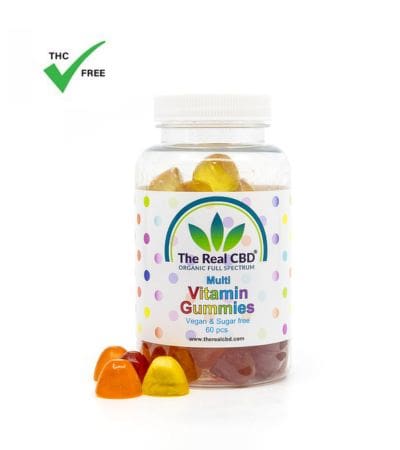 Multivitamin gummies€15.00
Multivitamin gummies€15.00 -
Product on sale
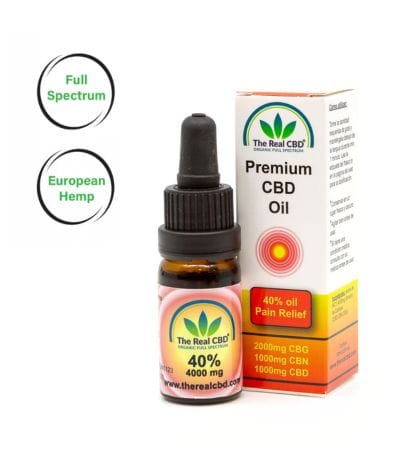 40% Pain Relief oilLe prix initial était : €179.00.€159.00Le prix actuel est : €159.00.
40% Pain Relief oilLe prix initial était : €179.00.€159.00Le prix actuel est : €159.00. -
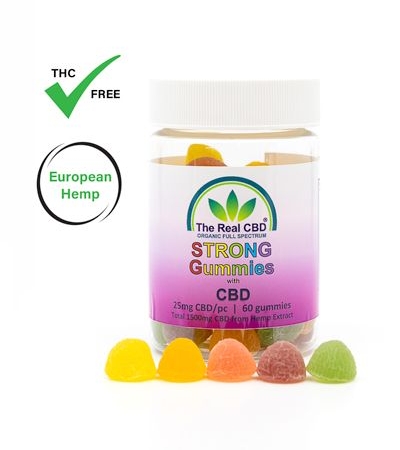 CBD gummies – 25mg CBD€36.00
CBD gummies – 25mg CBD€36.00 -
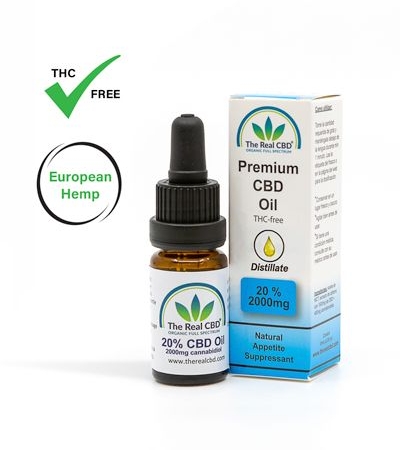 20% CBD oil – Distillate€92.00
20% CBD oil – Distillate€92.00 -
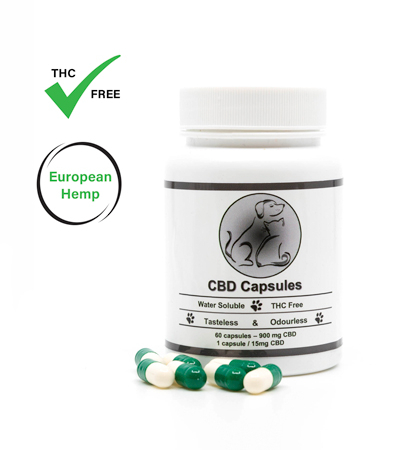 5% CBD Capsules for Pets€59.00
5% CBD Capsules for Pets€59.00 -
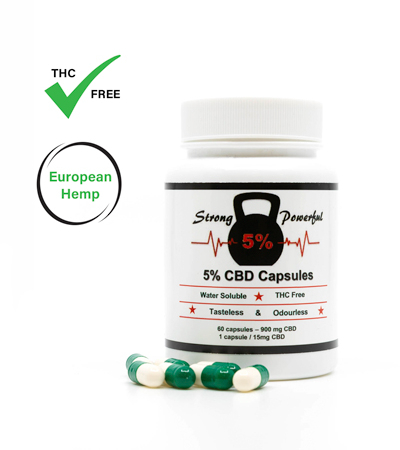 CBD Capsules for Athletes€59.00
CBD Capsules for Athletes€59.00 -
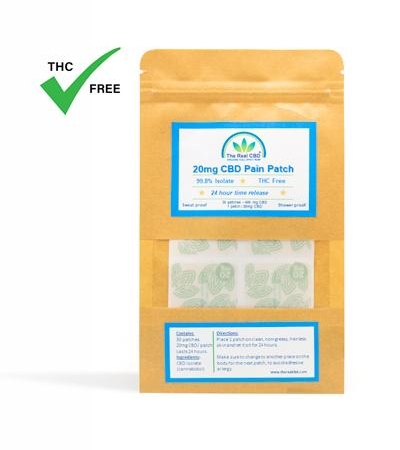 CBD Pain Patch 20mg€55.00
CBD Pain Patch 20mg€55.00 -
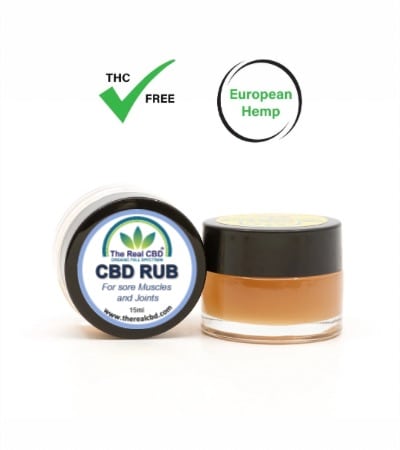 CBD Rub€17.50
CBD Rub€17.50 -
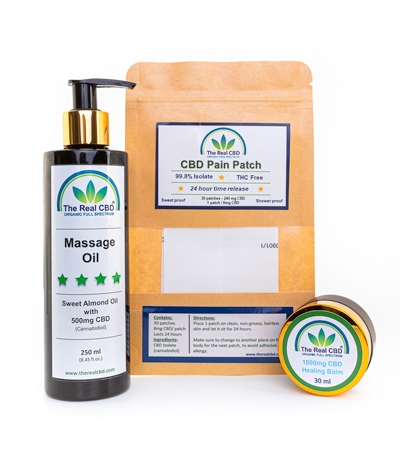 CBD Massage pack€120.00
CBD Massage pack€120.00 -
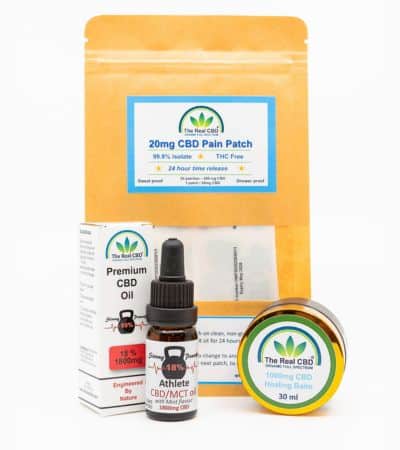 CBD Athletes Pack€158.00
CBD Athletes Pack€158.00 -
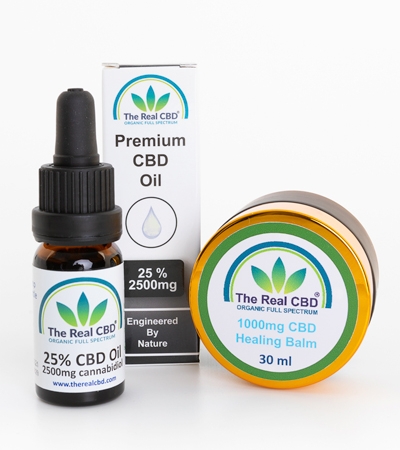 CBD Pain Relief Pack€155.00
CBD Pain Relief Pack€155.00

I am a certified expert in Medicinal Cannabis. We are all about giving correct and trustworthy information. We know how important it is to learn about CBD and cannabis, which is why we want to be your go-to source for trustworthy information. We help you improve your health by using our knowledge and experience as a starting point.


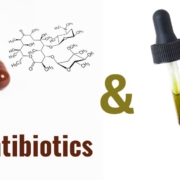





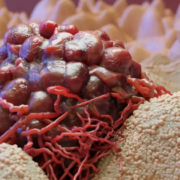




Leave a Reply
Want to join the discussion?Feel free to contribute!